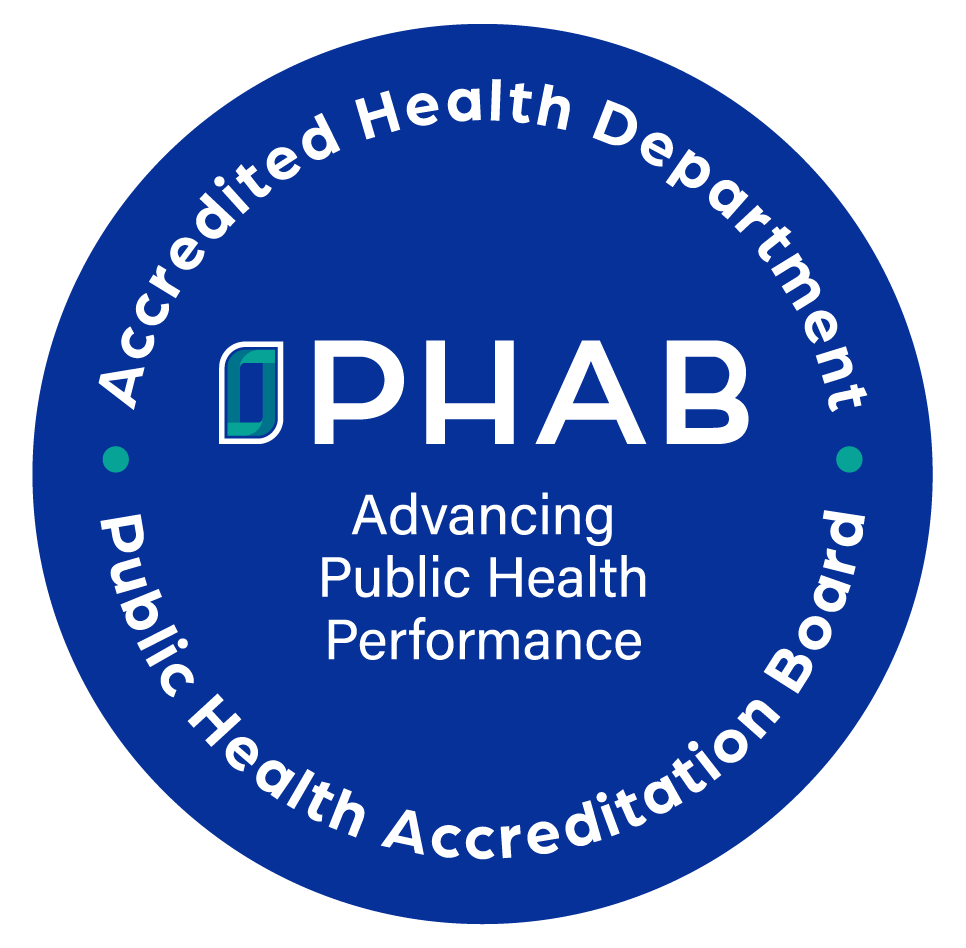Rabies Prevention: An Overview
Rabies is a zoonotic disease, meaning a disease that can be transmitted between humans and animals, that affects the central nervous system. Rabies is found in mammals such as dogs, cats, racoons, bats, skunks, and various livestock.
A vaccination for rabies can prevent infection in animals, something that has been in use since the late 1800’s and is the reason why the Seneca County Health Department urges residents to stay up to date on their pet’s rabies vaccinations.
Other Ways to Prevent Rabies
One of the most effective ways to avoid becoming exposed to rabies is to avoid wildlife. Animals who appear to be sick or injured, or dead, could very likely be infected with rabies. Changes in usual behaviors such as nocturnal (active at night) animals being active during the day are a good sign of a rabies infection. Feeding stray animals should also be avoided. A stray animal could very likely be infected with rabies, or other diseases, and may have never been vaccinated against rabies.
As a pet owner, staying up to date with your animal’s rabies vaccinations is the best thing you can do to avoid rabies infection in your pets. Keeping pets away from wildlife as best as you can is also good practice in prevention.
What To Do After a Possible Exposure
If you or your pet has encountered an animal that could potentially be carrying rabies, seeking medical care should be the next step.
In humans, visiting a local emergency room or speaking with your primary care physician to determine the next steps should happen as soon as possible after a possible exposure. Rabies vaccines might be needed after an exposure, to prevent human infection. Contact the Seneca County Health Department for guidance, or possible testing of the animal (if possible) to determine if the animal is infected. When able, try to determine the animal’s owner with a phone number and address so the health department can follow up and avoid unnecessary vaccinations.
For pets, it is important to reach out to your veterinarian as soon as possible. Even if your pet is up to date with its’ rabies vaccination, a vet might recommend a rabies booster as the next step.
The Seneca County Health Department holds four free rabies vaccination clinics annually for pets. For more information you can visit our Rabies & Animal Bites webpage or call (315) 539-1671.








